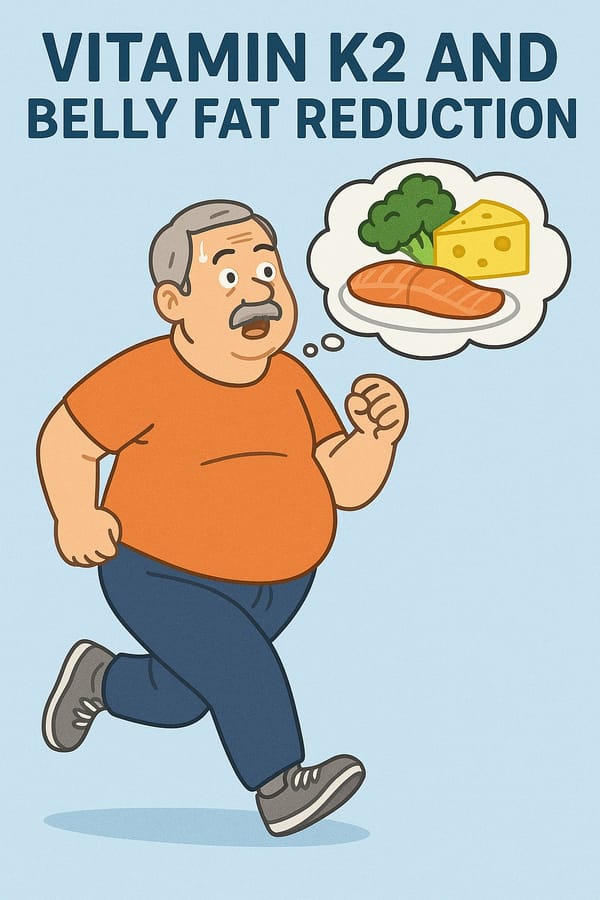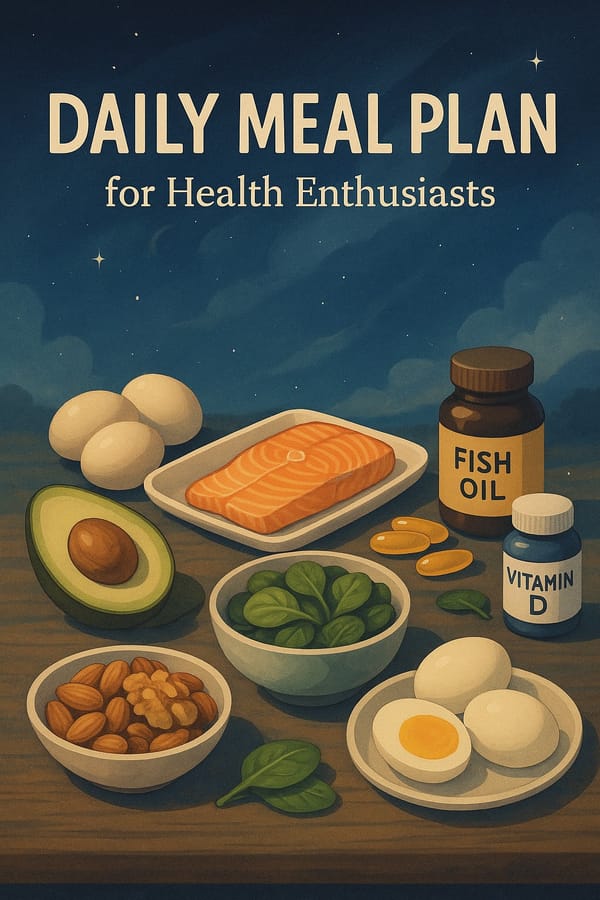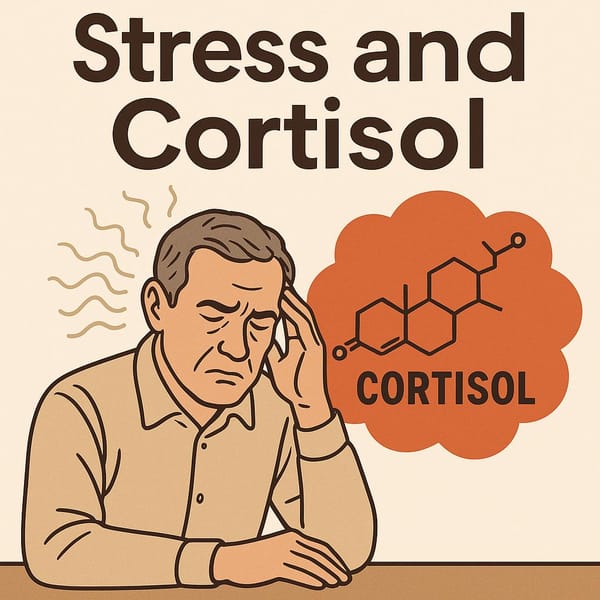The Crucial Role of Zinc in Your Body After 50

As we age beyond 50, our bodies undergo significant changes that demand special attention to nutrition. Zinc, a vital mineral, plays a crucial role in maintaining various bodily functions. Its deficiency can lead to numerous health issues, making it essential to ensure adequate intake. Here are the key areas where zinc contributes to our health after 50:
1. Immune System
- Role of Zinc: Zinc boosts the function of white blood cells, particularly T-cells, which fight infections and abnormal cells. It also enhances communication between immune cells, ensuring a robust defense against illnesses.
- Deficiency Effects: Increased susceptibility to infections and chronic illnesses like colds or pneumonia.
2. Skin and Wound Healing
- Role of Zinc: Zinc aids in collagen production and tissue repair, ensuring elasticity and strength in the skin. It also accelerates the healing of wounds by reducing inflammation.
- Deficiency Effects: Delayed wound healing, dry skin, and higher susceptibility to skin inflammation.
3. Nervous System and Brain
- Role of Zinc: Zinc supports neural communication by aiding neurotransmitters like glutamate and dopamine. This promotes memory, learning, and cognitive functions while reducing neural inflammation.
- Deficiency Effects: Increased risk of cognitive decline, dementia, and Alzheimer’s disease.
4. Vision
- Role of Zinc: Zinc supports photoreceptor cells in the retina, converting light signals into electrical signals sent to the brain. It also aids enzymes that produce pigments essential for night vision.
- Deficiency Effects: Higher risk of age-related macular degeneration (AMD) and impaired vision.
5. Bones and Joints
- Role of Zinc: Zinc promotes bone formation by stimulating osteoblasts and reducing bone breakdown by inhibiting osteoclasts. It also boosts collagen production for stronger, more flexible bones.
- Deficiency Effects: Accelerated bone loss and a higher risk of osteoporosis.
6. Reproductive System
- Role of Zinc: In men, zinc stimulates testosterone production, essential for sperm production and muscle health. In women, zinc balances estrogen and progesterone, supporting reproductive health and regular menstrual cycles.
- Deficiency Effects: In men, reduced testosterone levels, sexual dysfunction, and muscle weakness. In women, irregular menstrual cycles, fatigue, and increased risk of osteoporosis.
7. Taste and Smell
- Role of Zinc: Zinc supports sensory nerve cells, enhancing the ability to taste and smell accurately.
- Deficiency Effects: Reduced sensitivity to taste and smell.
8. Cell Repair and DNA Production
- Role of Zinc: Zinc is vital for DNA synthesis and protein creation, facilitating cell repair and growth. It activates enzymes involved in these critical processes.
- Deficiency Effects: Slower tissue repair, increased risk of mutations, and cancer development.
9. Hair and Nails
- Role of Zinc: Zinc strengthens hair and nails by supporting cellular growth and oil production in the scalp, ensuring healthy, shiny hair and sturdy nails.
- Deficiency Effects: Hair thinning, hair loss, brittle nails, and irregularities in nail surfaces.
10. Blood Sugar Regulation
- Role of Zinc: Zinc aids the pancreas in producing insulin and enhances insulin’s effectiveness in regulating blood sugar.
- Deficiency Effects: Higher risk of insulin resistance and Type 2 diabetes.
Natural Sources of Zinc
Foods rich in zinc include:
- Seafood: Oysters, crab, shrimp
- Meat: Beef, pork, chicken
- Legumes: Lentils, chickpeas, peanuts
- Seeds: Pumpkin seeds, sesame seeds
- Dairy Products: Cheese, yogurt
- Whole Grains: Oats, wheat
- Eggs: Especially egg yolks
Recommended Daily Intake of Zinc (by Age and Gender)
- Children (1-8 years): 3-5 mg/day (both boys and girls)
- Adolescents (9-18 years):
- Boys: 8-11 mg/day
- Girls: 8-9 mg/day
- Adults (19 years and older):
- Men: 11 mg/day
- Women: 8 mg/day
- Pregnant Women: 11-12 mg/day
- Breastfeeding Women: 12 mg/day
Should You Take Zinc Supplements?
- When to Consider: If dietary intake is insufficient, zinc supplements may be beneficial. Consult a healthcare provider before starting any supplementation.
- Safe Limits: Do not exceed 40 mg/day to avoid side effects such as nausea, vomiting, and interference with the absorption of other minerals like copper.
What Happens If You Lack Zinc?
Inadequate zinc intake can lead to weakened immunity, cognitive decline, brittle bones, slow wound healing, and increased susceptibility to chronic diseases. Ensuring a diet rich in zinc or appropriate supplementation can significantly improve overall health.
Proper nutrition, including adequate zinc intake, becomes increasingly vital after 50 to maintain overall health and well-being. A balanced diet, regular exercise, and informed choices about supplements can make a significant difference in the quality of life as we age.



